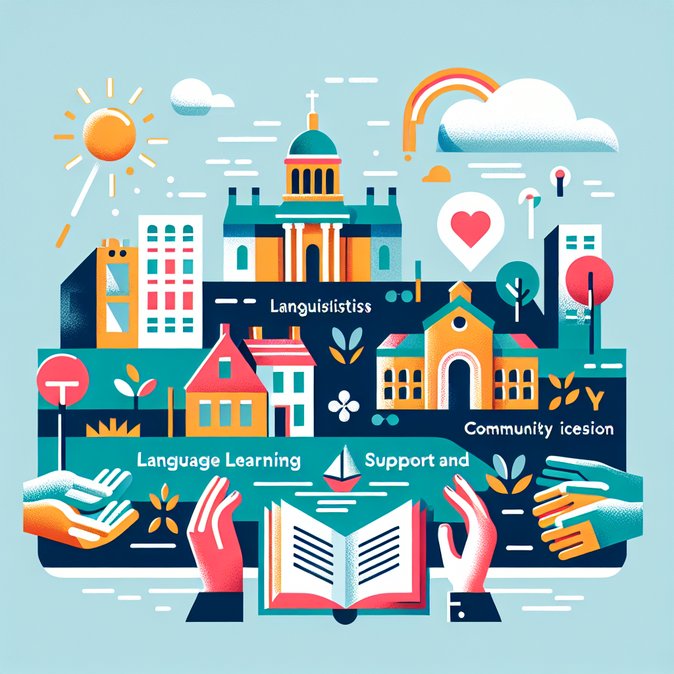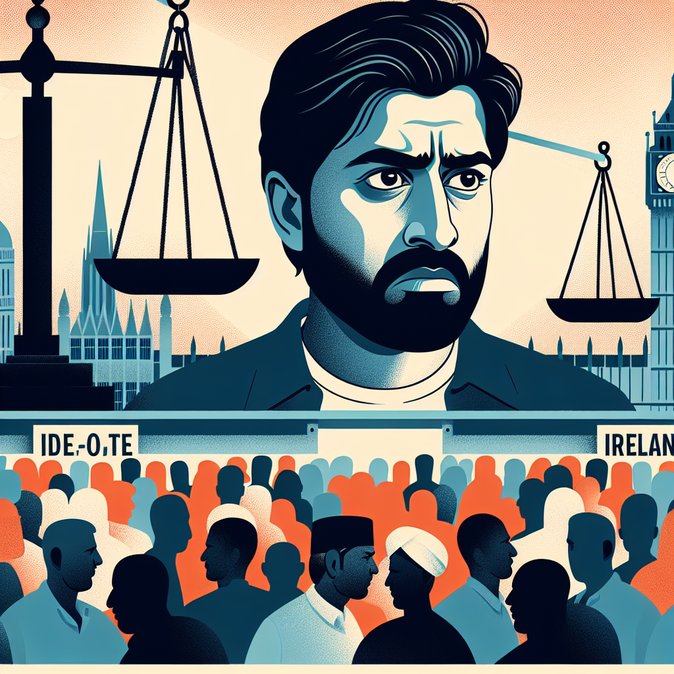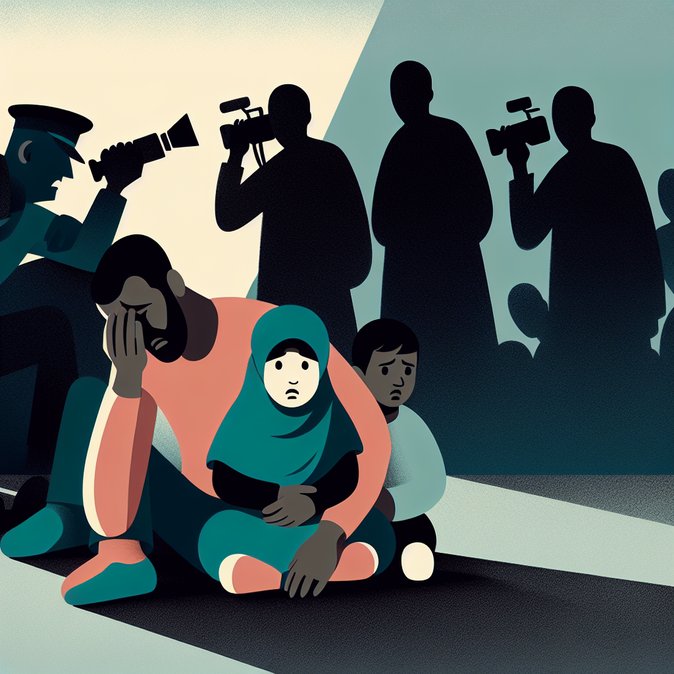
Minister of State for Migration Colm Brophy has unveiled the winners of the 2025 Integration Fund, allocating €3.61 million in grants to 117 community and civil-society initiatives across Ireland. Successful projects range from language cafés in Mayo to skills-matching schemes in Cork and a ‘Place of Sanctuary’ programme for rural Wexford schools.
The Integration Fund merges two previous schemes and has now channelled almost €10 million to more than 1,000 projects since 2017. Grants of up to €100,000 will be issued to larger ‘Scheme A’ initiatives focused on international-protection applicants, while smaller community-wide activities receive between €1,000 and €10,000.
![Government awards €3.6 million to 117 local projects under 2025 Integration Fund]()
Announcing the awards, Minister Brophy said migration “makes Ireland stronger,” but acknowledged that local tensions require investment in inclusion. The funding arrives as the State grapples with record spending—over €1 billion last year—on asylum accommodation. By empowering volunteers and NGOs to run after-school clubs, jobs fairs and intercultural festivals, officials hope to reduce isolation and improve employment outcomes for newcomers.
Global employers can tap into many of these programmes for spouse networking, language upskilling and community volunteering opportunities, enhancing assignment success. Mobility managers should review the list of funded organisations and consider partnerships to support relocated staff and their families.
The Integration Fund merges two previous schemes and has now channelled almost €10 million to more than 1,000 projects since 2017. Grants of up to €100,000 will be issued to larger ‘Scheme A’ initiatives focused on international-protection applicants, while smaller community-wide activities receive between €1,000 and €10,000.

Announcing the awards, Minister Brophy said migration “makes Ireland stronger,” but acknowledged that local tensions require investment in inclusion. The funding arrives as the State grapples with record spending—over €1 billion last year—on asylum accommodation. By empowering volunteers and NGOs to run after-school clubs, jobs fairs and intercultural festivals, officials hope to reduce isolation and improve employment outcomes for newcomers.
Global employers can tap into many of these programmes for spouse networking, language upskilling and community volunteering opportunities, enhancing assignment success. Mobility managers should review the list of funded organisations and consider partnerships to support relocated staff and their families.


